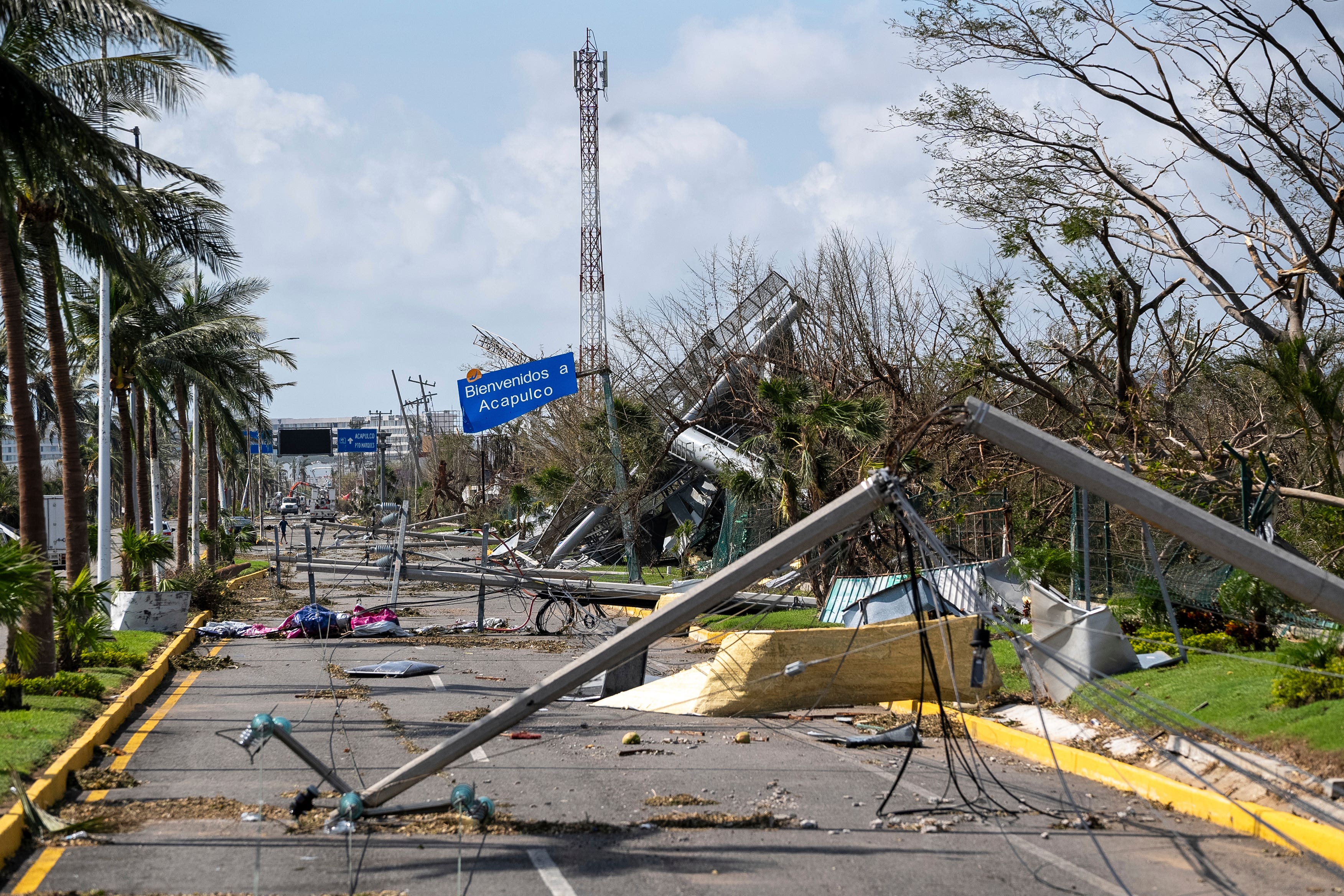‘Growing divide’ between climate adaptation fund and developing countries’ needs
The UN said some countries need 10-18 times the amount of money that is internationally available.

Your support helps us to tell the story
From reproductive rights to climate change to Big Tech, The Independent is on the ground when the story is developing. Whether it's investigating the financials of Elon Musk's pro-Trump PAC or producing our latest documentary, 'The A Word', which shines a light on the American women fighting for reproductive rights, we know how important it is to parse out the facts from the messaging.
At such a critical moment in US history, we need reporters on the ground. Your donation allows us to keep sending journalists to speak to both sides of the story.
The Independent is trusted by Americans across the entire political spectrum. And unlike many other quality news outlets, we choose not to lock Americans out of our reporting and analysis with paywalls. We believe quality journalism should be available to everyone, paid for by those who can afford it.
Your support makes all the difference.There is a “growing divide” between how much money developing countries need for climate adaptation and what rich countries are offering in support, a UN report has found.
Developing countries, which are less responsible for excess greenhouse gas emissions, need 10-18 times the money that is available internationally, with the gap 50% bigger than previously thought.
Published ahead of the Cop28 talks in Dubai next month, the Adaptation Gap Report estimates there to be a need of 194-366 billion dollars (£159-301 billion) a year that will lead to massive loss and damage for the world’s most vulnerable economies unless the financial gap is filled, the UN said.
Whereas the amount of money required for adaptation is increasing, available support from richer countries is plateauing.
We are in an adaptation emergency. We must act like it. And take steps to close the adaptation gap, now
At the Cop27 talks last year, G20 countries agreed to channel 100 billion dollars (£82 billion) a year by 2030 towards developing countries for climate loss and damage, though even this would be inadequate according to the UN report.
Secretary General Antonio Guterres said: “Today’s Adaptation Gap Report shows a growing divide between need and action when it comes to protecting people from climate extremes.
“Action to protect people and nature is more pressing than ever. Lives and livelihoods are being lost and destroyed, with the vulnerable suffering the most.
“We are in an adaptation emergency. We must act like it. And take steps to close the adaptation gap, now.”
The UN Environment Programme (UNEP), which published the report, estimates there to be between 215-387 billion dollars (£177-318 billion) a year this decade and set to rise significantly by 2050.
International adaptation finance to developing countries however fell by 15% to 21 billion dollars (£17 billion) in 2021, far short of the 40 billion dollars (£33 billion) a year promised by 2025.
Inger Andersen, executive director of UNEP said: “In 2023, climate change yet again became more disruptive and deadly: temperature records toppled, while storms, floods, heatwaves and wildfires caused devastation.
“These intensifying impacts tell us that the world must urgently cut greenhouse gas emissions and increase adaptation efforts to protect vulnerable populations. Neither is happening.”
Even if the international community were to stop emitting all greenhouse gases today, climate disruption would take decades to dissipate
The UNEP said investing in climate adaptation reduces costs further down the line, with every billion invested in coastal flooding preventing 14 billion dollars (£11 billion) of economic damage.
Over the last two decades, the 55 most climate-vulnerable countries have seen damages worth more than 500 billion dollars (£411 billion), an amount that will only increase in future without adequate support.
If 16 billion dollars (£13 billion) was invested each year in agriculture for example it would save around 78 million people from starving or chronic hunger because of climate impacts, with funding coming from public and private finances, the UN said.
Ms Andersen said: “Even if the international community were to stop emitting all greenhouse gases today, climate disruption would take decades to dissipate.
“So, I urge policymakers to take heed of the Adaptation Gap Report, step up finance and make Cop28 the moment that the world committed fully to insulating low-income countries and disadvantaged groups from damaging climate impacts.”